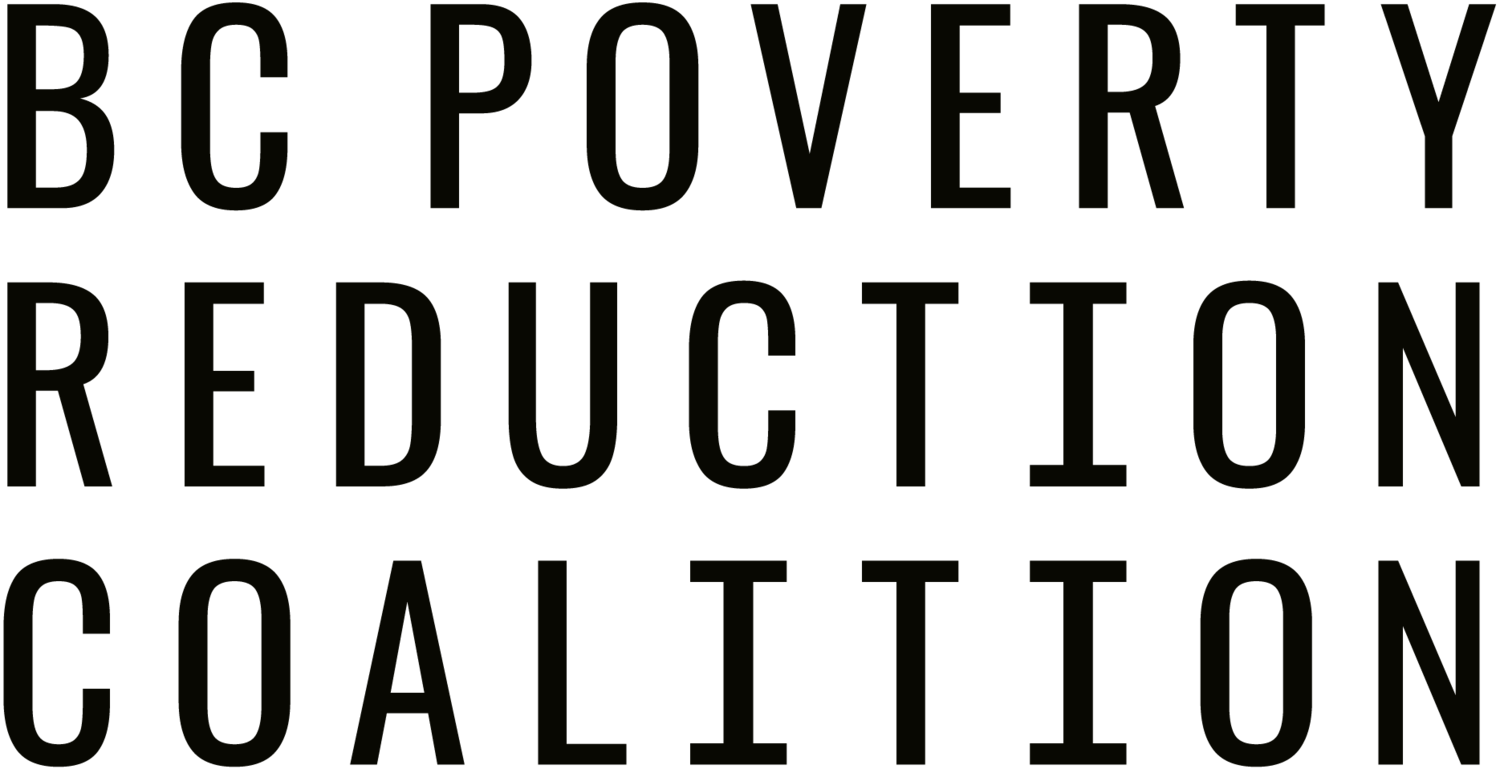Climate Justice
Prioritizing at-risk communities, UNDRIP and inequality.
We know that those who are most impacted by climate change are those who are already systemically disadvantaged by poverty, inequality, systemic racism, and colonialism. Those in rural, coastal, and remote regions of Canada are also at a disadvantage in adaptation to climate change, as are many Indigenous communities, as these regions often have less access to immediate adaptation resources. Such communities are also often exposed to unique climate change impacts such as coastal erosion, flooding, changes in the availability and accessibility of traditional resources and seasonal activities, and extreme weather events.
As we address the emergency of climate change with bold action, we must prioritize the needs of equity-seeking groups. Climate justice must mean full social justice for communities when it comes to equitable economic survival and resilience, access to clean land, air and water, and protection from the impacts of climate change that leave no community member behind.
Our Climate Justice principle guides our work as we advocate for a bold shift from our reliance on toxic extractive resource sectors. We must identify the policies we need to protect and re-train workers, their families and communities, create green jobs, and ensure all people are provided with the security and protections a truly just transition requires.
Our Climate Justice principle prioritizes reconciliation and Indigenous sovereignty, poverty and systemic inequality reduction in all climate change-related policy planning and in the movement-based action to save our planet.
Our recommendations
Take bold action to tackle the climate crisis, while ensuring lower-income households are not made worse off, and indeed, that social justice and economic security is enhanced.
Continue with annual increases to the carbon tax while ensuring this taxation incorporates low income transfers that sufficiently offset any negative impacts to low income households or individuals (such as an expansion of the low-income carbon tax credit).
Develop localized renewable energy projects (wind, solar, tidal), working with communities and Indigenous Nations as partners, to help communities avoid energy poverty and reduce emissions.
Implement UN Sustainable Development Goal 1.5: ‘By 2030, build the resilience of the poor and those in vulnerable situations and reduce their exposure and vulnerability to climate-related extreme events and other economic, social, and environmental shocks and disasters’ in B.C.
Focus and prioritize the creation of green, unionized jobs in multiple sectors including health, education, child care, transit, and the building industry.
Prioritize UNDRIP, Indigenous sovereignty, and gender equality in all climate change related policy planning.
Develop and implement policy to ensure the security and resilience of workers, their families, and communities as we transition from fossil fuel industries to a green economy.
Prioritize a multi-level government approach to climate change mitigation and adaptation.


